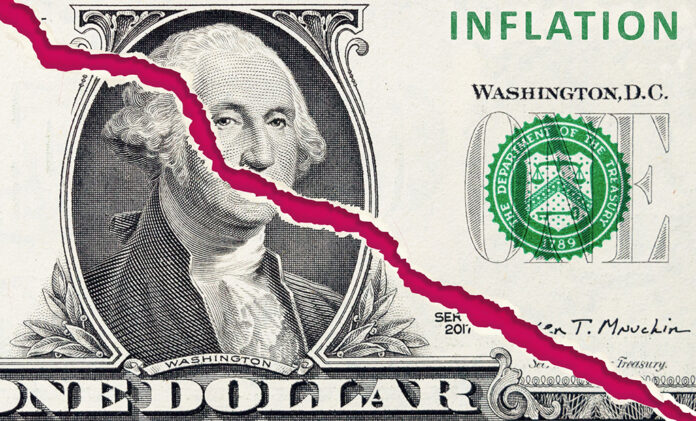Despite the evidence of massive pullbacks from interest-rate sensitive private-equity funds in recent months, CAZ Investments’ chairman and chief investment officer Christopher A. Zook is unfazed. “Overdramatized,” he called the reports. In recent weeks, a number of articles have reported that private equity funds have been selling stakes in portfolio companies in both the public and private markets.
Zook launched Houston-based CAZ 22 years ago, at age 32, to bridge the traditional and alternative-investment worlds and bring a range of alternative assets to more everyday investors. Today, the firm has nearly $6 billion under management, and he has become one of alts’ biggest cheerleaders.
“Yes, the fundraising market is harder than it has been,” said Zook. But the problem of recent outflows from private equities, a market that’s estimated to represent more than $4 trillion in assets under management, is not “fundamental or systemic,” he said. “It is simply the economic cycle and the reality of stocks that go up and down.”
Private-equity funds, which invest in illiquid and largely unregulated equity securities, used to be the exclusive province of institutional investors and ultra-high-net-worth individuals who had been accredited by the SEC as qualified to invest in complex, sophisticated securities because of their ability to withstand losses or otherwise have less need for regulatory protections. They became the darlings of many pension funds because of their outsized returns.
But lately, with bond rates up and a rally in public equity markets, many pension and investment funds are cutting back on their private equity positions.
Consequently, some private-equity fund issuers have reportedly taken extreme measures to try to attract new investments. Many have undertaken risky loans to secure special dividends for their investors. Others have sold off shares of companies they own just to show profits, in an attempt to show investment gains to institutional investors increasingly concerned about rising interest rates and a possible recession.
“It is always good to generate profits and distribute them to investors, as they certainly are happier when you do, and more likely to invest in your next fund,” acknowledged Zook.
But he firmly denied that fund managers were attempting to bamboozle investors with profits from financial engineering rather than business fundamentals. “PE funds,” he said, referring to private-equity funds, “are not going to sell something at any price simply to generate distributions. That would be contrary to their own selfish best interest.”
Rather, he said, they are simply “taking advantage of the stock market rally to sell some shares.” Most private-equity fund issuers invest some of their own capital in their portfolio companies.
Still, Zook did not deny that many private-equity investments have faced an uphill battle lately. Last spring, Moody’s Investors Service warned of a “serious challenge” facing the $1.4 trillion private-credit market, largely due to loans that were underwritten when interest rates were near zero and are now under severe strain from higher borrowing costs.
“There are parts of the private-asset-management business that got very frothy in 2021, when credit markets were loose,” he said. “People got too aggressive on the credit side. But look, in any market there’s going to be a positive side and a negative side. That’s what makes it a market.”
Editor’s Note: This is an excerpt from an upcoming profile of Christopher Zook.


